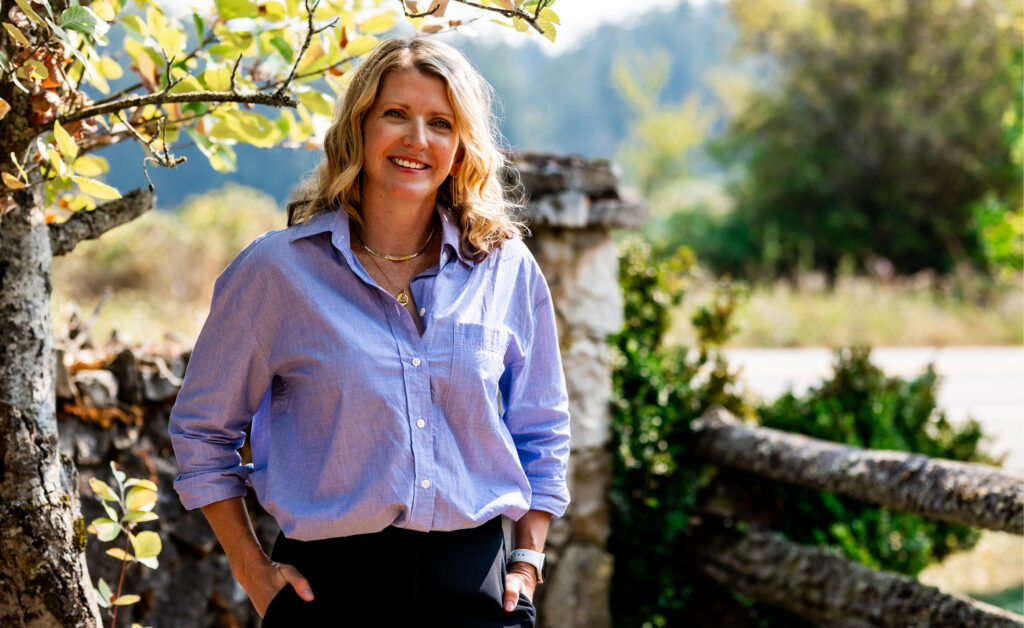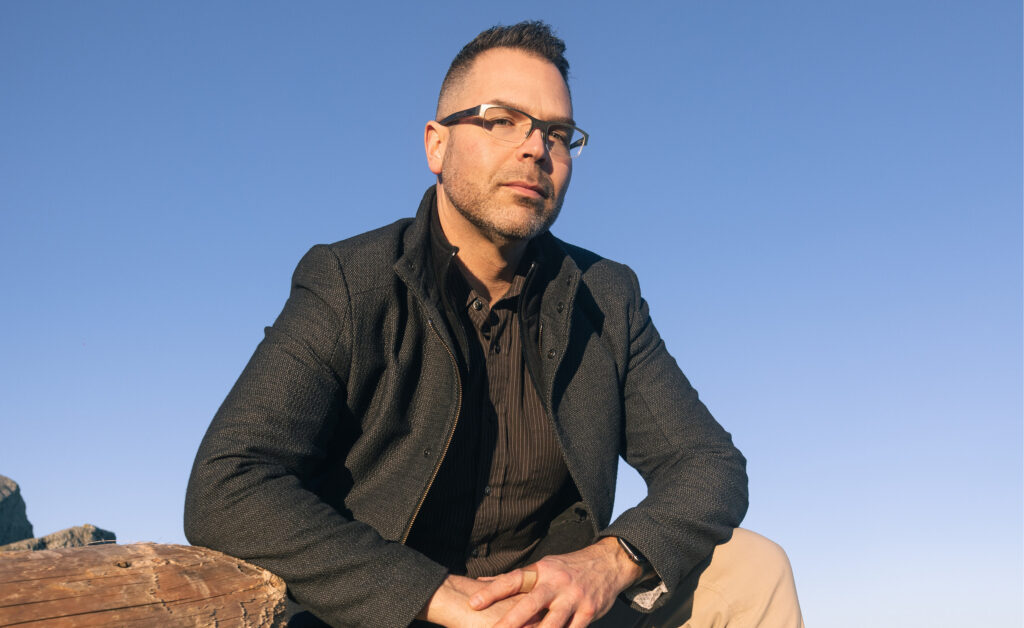by Doreen Marion Gee –
Life is not as simple or predictable as the Hallmark cards. The holiday season can be joyful and exciting, but, for some people, it is also a time of sadness, loss and grief. It is essential to take care of the person in the mirror at this time of year, including giving ourselves permission to feel not-so-merry and to create our own unique holiday experience. A local professional has some wise advice on how to achieve this kind of balance in a time of frenzied merriment.
The Christmas season is heavy with emotion, tradition and sentiment. The huge mental investment people make during this time of year can evoke a wide range of feelings, some not so positive. Sadness and grief around past trauma and losses tend to surface during the holidays. Unrealistic expectations can put people under unnecessary stress. We are supposed to act happy and cheerful, even when we are not. How can people help themselves to cope with these challenges?
Anne Brodbeck, long-time Sidney resident and founder of Streams Counselling in Central Saanich offers many valuable insights into dealing with the stresses of the holiday season. Anne is a Registered Therapeutic Counsellor who takes a humanistic client-centred approach to counselling: “The goal of therapy is to guide people, not to figure out the whole puzzle, and to bring in new perspectives. Each person has existing strengths, and by recognizing them and building on them we can construct a solid structure to develop strategies upon for successful living.” She brings these principles of self-empowerment into her advice for people struggling with the emotional impact of the holidays.
“First of all, this holiday is not just one day, but a whole month. It seems to drag on and linger, so the triggers are multiplied,” says Anne. Therefore, there will be many more cues that could spark painful feelings, such as holiday music bringing up past memories of happier times. The barrage of emotions and uncertainties for people who are suffering losses during the holidays can be overwhelming: “It is very messy!”
“It is normal to lament and be upset about losses at this time of year, but there comes a point when you need to make a shift from ‘why’ to ‘now what?'” advises Anne. “We can’t change the past, but we can ask ourselves: ‘What is one thing that I can do differently to make my Christmas a little bit better, this year, right now?'” She suggests scaling it down – instead of a full dinner with family, perhaps just stay for dessert and coffee. A change in attitude often follows: “You can look for something that had a positive impact this time, then maybe you can build on that.” To Anne, this empowering and proactive process instills hope.
“Taking a risk is a step towards possibility.” Anne suggests that people ask themselves: “What is a little bit of a risk that I am willing to take today, this holiday season?” Maybe that daunting phone call will end up being the brightest part of Christmas. Another strategy is setting a goal, such as a “best case scenario” for a solo Christmas, and then deciding on what small risks you are willing to take to get there.
In conclusion, Anne stresses how important it is to allow ourselves to feel sad, upset, or hurt and not to judge ourselves for it. It is okay to not feel happy during the holidays. “We have to be gentle and understanding with ourselves” and make sure that self-care is a priority.
I asked Anne if there was another very important point to leave readers with at the end of my article. “To know that feelings of loss and grief are often unexpected and to be gentle with ourselves when they come,” she answered. “We need to handle ourselves with care.”




